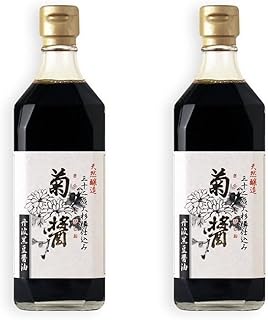Soy sauce, a staple in many Asian cuisines, has a rich history spanning over two millennia. The diverse production techniques have led to various types of soy sauces, from traditional Chinese and Japanese styles to seasoned varieties like tamari. With numerous brands in the market, each offering unique flavors and qualities, it’s essential to distinguish between traditionally brewed soy sauces and those produced through chemical processes.
While some brands have a rich heritage dating back centuries, others have adopted modern methods that may compromise the quality of their products. The fermentation process, a hallmark of traditional soy sauce production, is often replaced by chemical hydrolysis in some brands. This shortcut can result in an inferior taste and quality, as seen in certain soy sauces that rely heavily on salt to mask their shortcomings.
Among the 21 popular soy sauce brands reviewed, each product was meticulously tested for factors such as sodium content, flavor profile, and production methods. Brands like Kroger and Bragg, which use chemical processes, ranked lower due to overpowering saltiness and unfamiliar tastes. On the other hand, brands like Pearl River Bridge and Sempio, known for their traditional brewing methods and unique flavor profiles, received higher rankings.
As the rankings progress, brands like Yamaroku and Bourbon Barrel Foods stood out for their artisanal approaches, with a focus on traditional brewing techniques and unique flavor combinations. These brands offer a premium experience, albeit at a higher price point, making them ideal for discerning consumers looking for exceptional quality.
Lee Kum Kee and Kikkoman, with their extensive product lines and rich history, emerged as top contenders in the soy sauce market. These brands offer a wide range of soy sauces, from traditional varieties to specialty options tailored for specific dishes. Their versatility, accessibility, and value make them popular choices among consumers seeking authentic and flavorful soy sauces.
Ultimately, the ranking of soy sauce brands reflects a balance of taste, quality, value, and production methods. While personal preferences may vary, the detailed analysis of each brand provides valuable insights for consumers looking to elevate their culinary experiences with soy-based condiments.
📰 Related Articles
- Wedding Sheet Cakes: A Modern Twist on Traditional Desserts
- Top Puzzle Brands for Quality and Variety
- Tokyo’s Diverse Attractions: From Traditional to Modern Marvels
- Taiwan’s Soy Industry: Rich History and Modern Innovations
- Study: Bitless vs. Traditional Bridles Impact Horse Comfort






